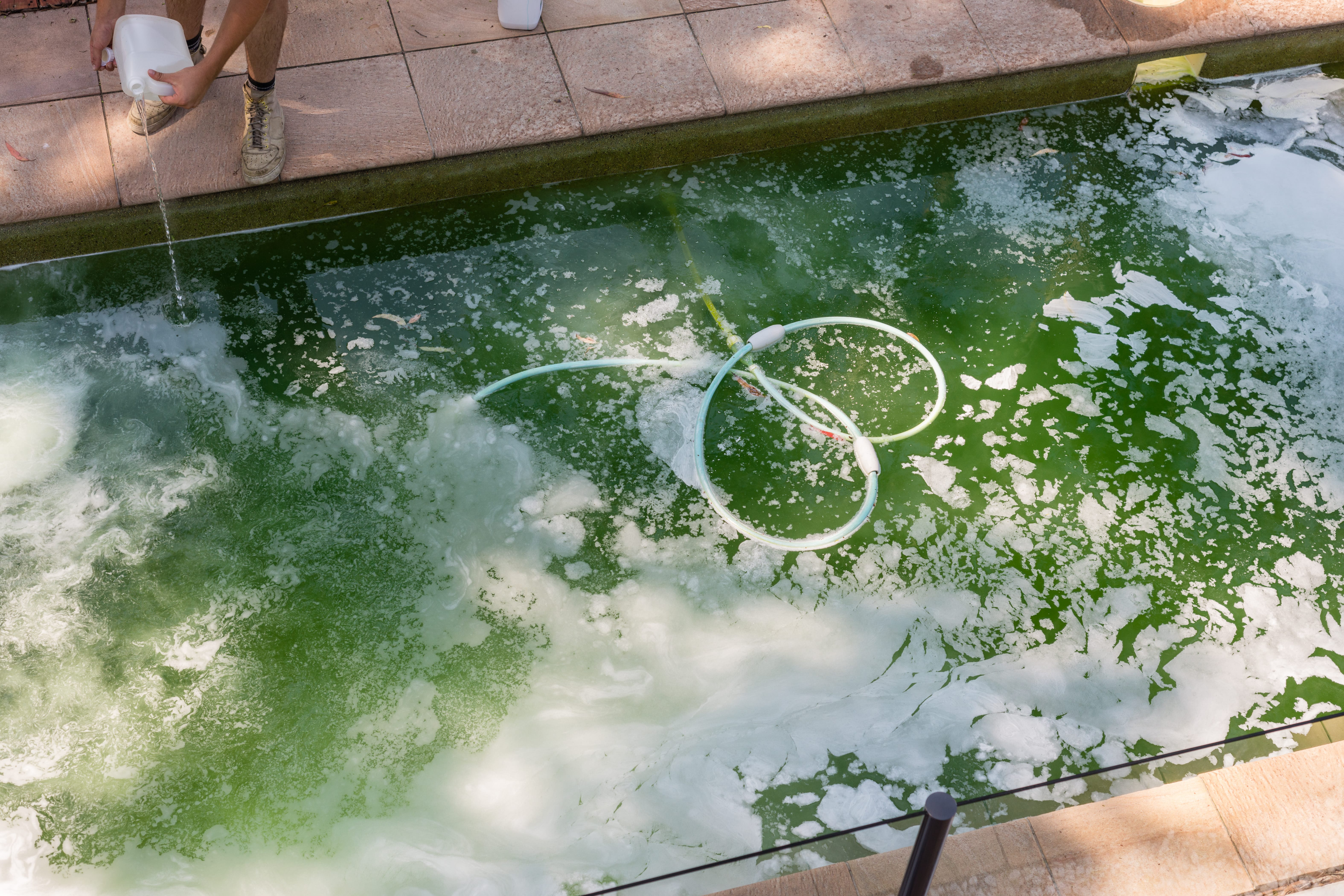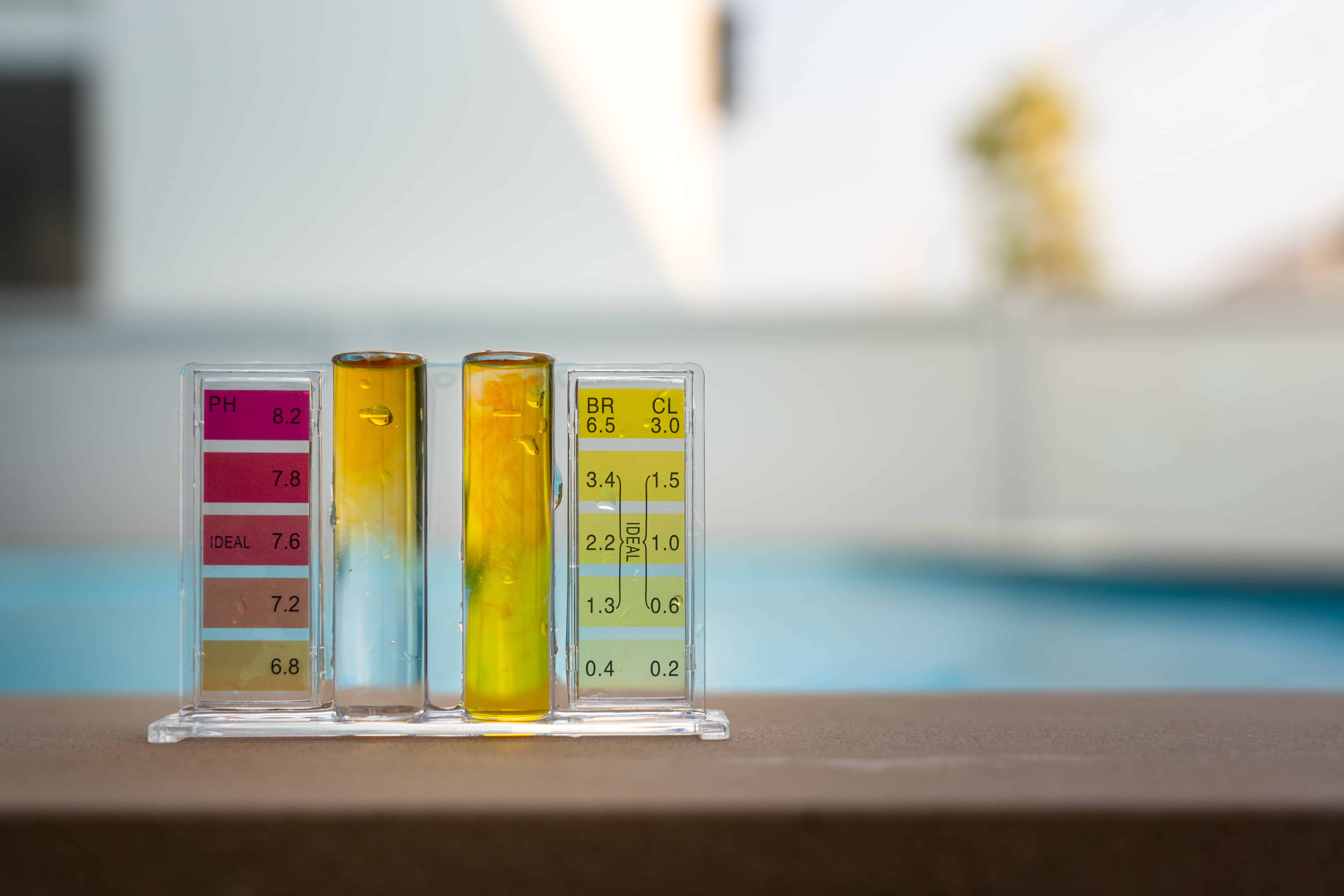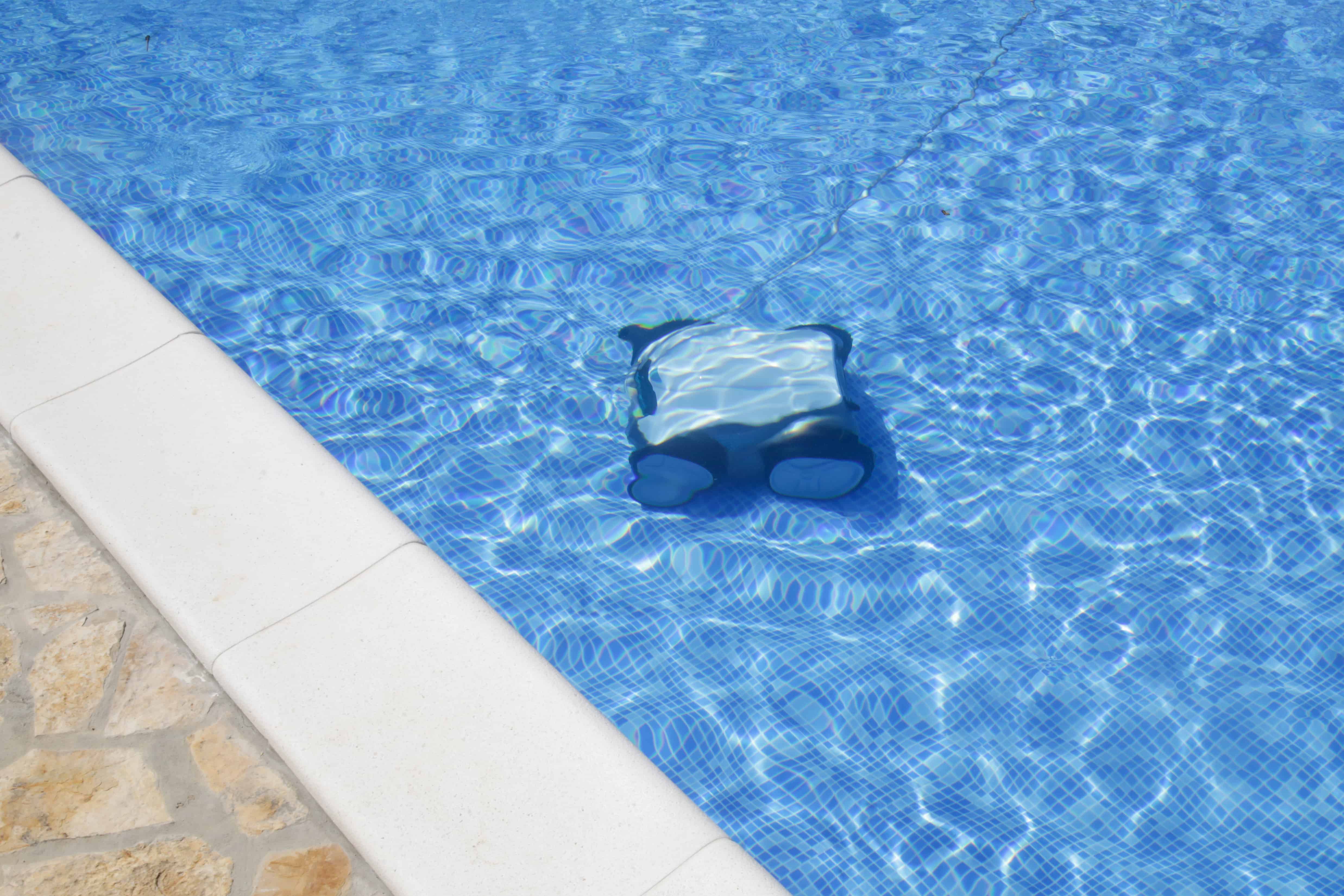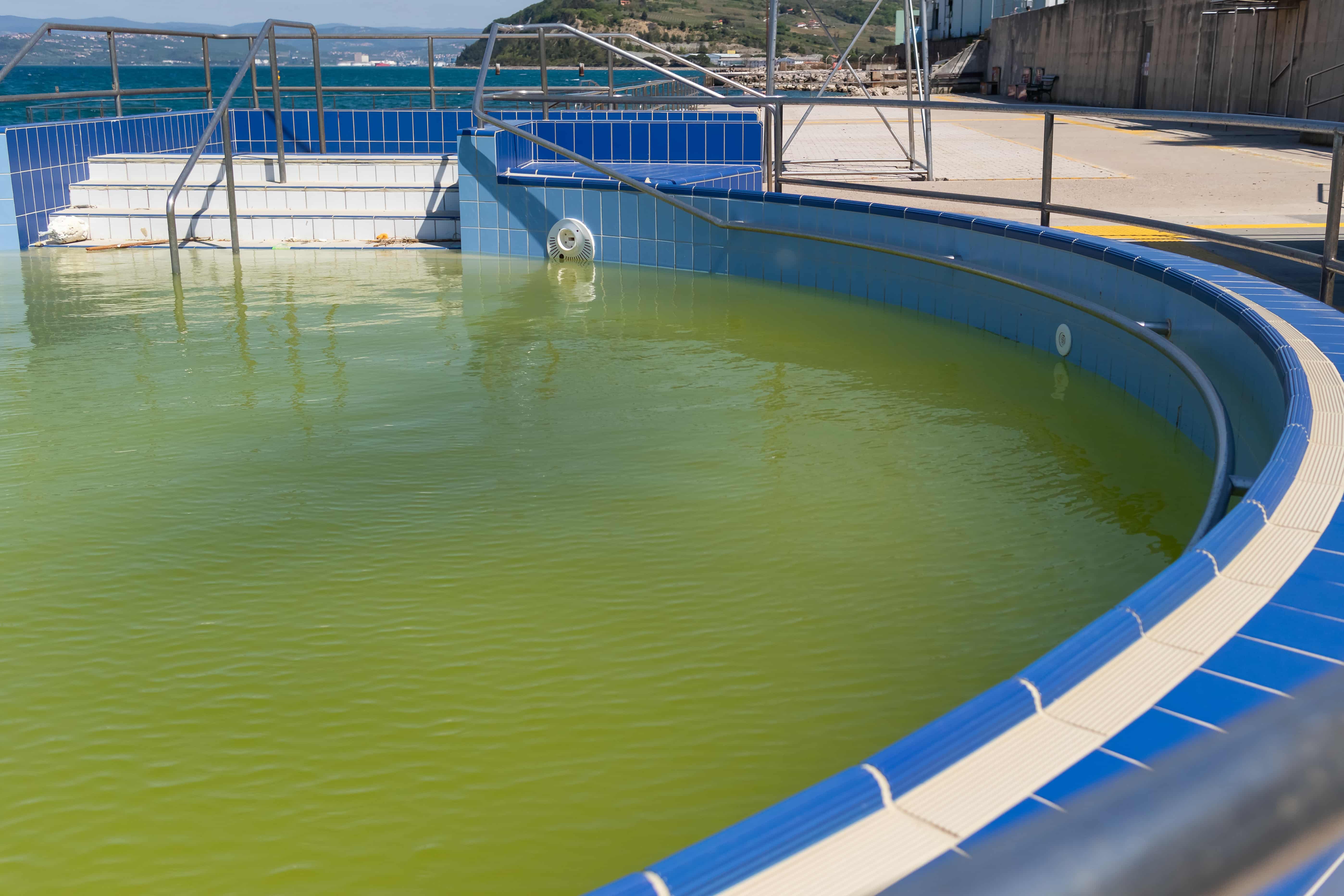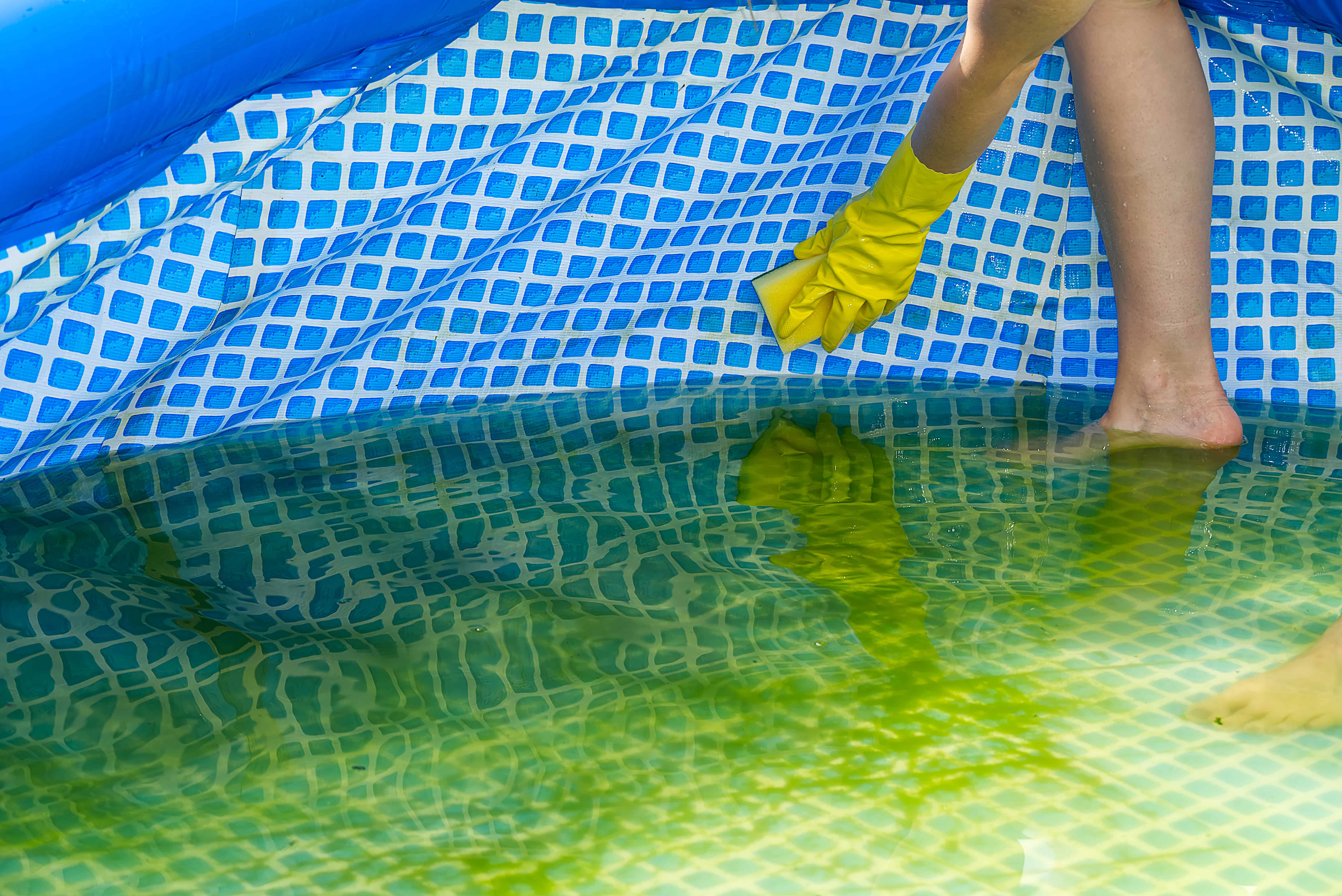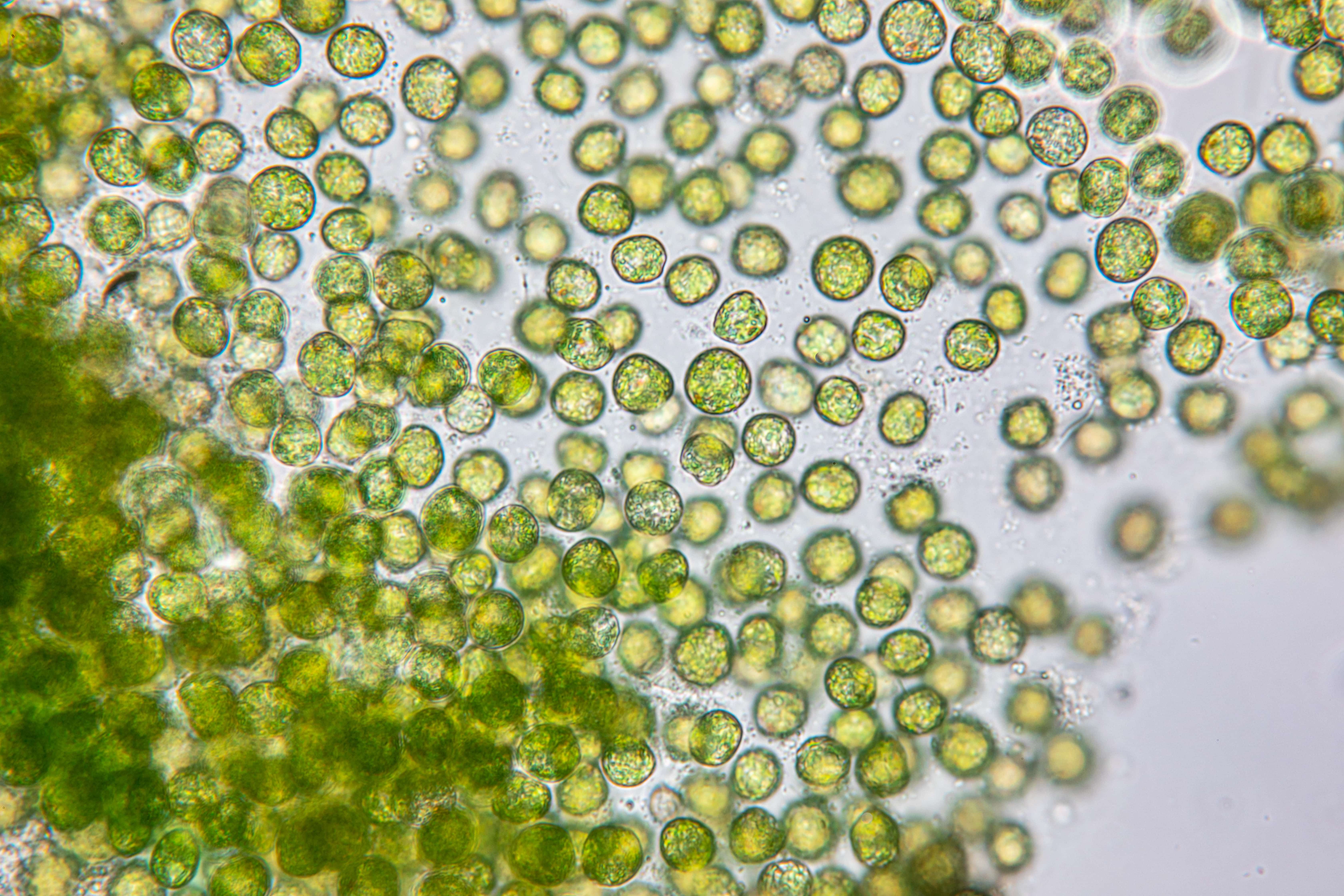How to Clean a Green Swimming Pool Fast!
The Removal of Organic Debris
It should be obvious because any organic debris such as leaves and branches will start to decompose as well as circulate bacteria. If you take out organic matter first, it will help prevent clogs from forming in the pool's filter system. Also, make sure you that the pool chemicals you use aren't absorbed by the debris. This will also help prevent the development of any algae present in the water. Do not disrupt the water too much as it could cause the introduction of bacteria into the water.
